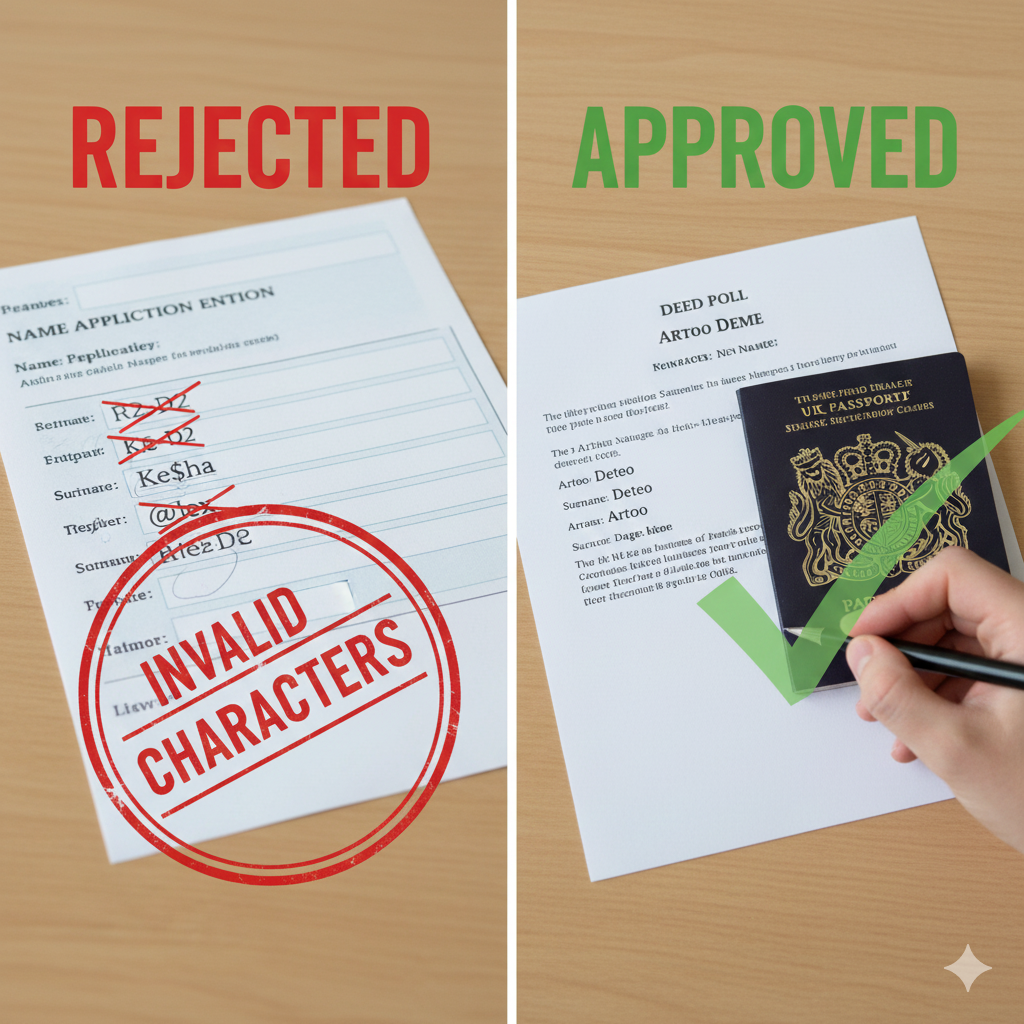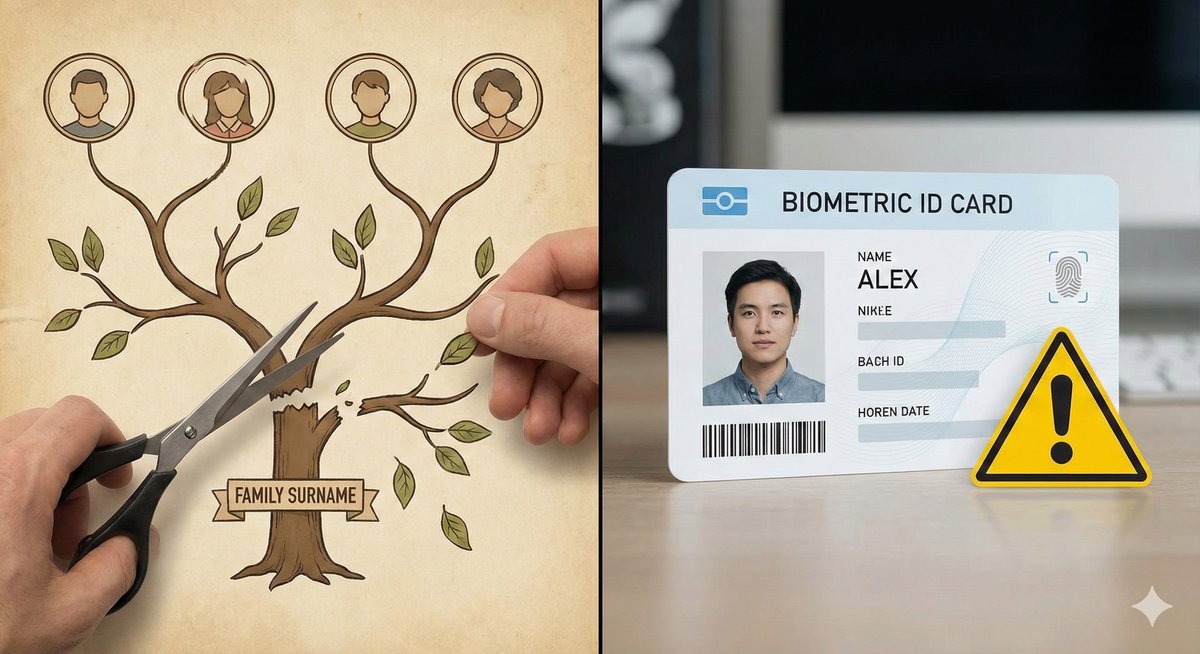Unenrolled vs Enrolled Deed Polls: What’s the Difference (and What Do They Cost)?
If you’re thinking about changing your name in the UK, you’ve probably come across two terms: unenrolled and enrolled deed polls. It might sound confusing at first, but don’t worry — it’s actually pretty straightforward.
In this post, we’ll break down the differences between the two types of deed polls, explain the costs, and help you decide which option is right for your situation. By the end, you’ll know exactly what to expect and can make an informed choice with confidence.
What Is the Difference Between an Unenrolled and Enrolled Deed Poll?
When you change your name in the UK, the vast majority of people use an unenrolled deed poll. This is the standard, affordable option — a simple legal document that proves your new name and is accepted by almost all banks, employers, schools, and government bodies. For most day-to-day purposes, an unenrolled deed poll is more than enough.
An enrolled deed poll, on the other hand, is a version that gets registered at the Royal Courts of Justice. This means your name change becomes part of the public record, and a notice is published in The Gazette (an official government publication).
Because of this, some people prefer it for very formal purposes — for example, if they want a permanent public record of the change, or in certain immigration or inheritance cases.
💷 Costs
- Unenrolled deed poll: Usually £10–£40. Our service is £9.49 for a deed poll, or £14.49 with our full guide.
- Enrolled deed poll: £42.44 in court fees alone, plus more if you go through a solicitor or specialist service.
For everyday use, like updating your passport, driving licence, or bank accounts, an unenrolled deed poll is the go-to choice. An enrolled deed poll is only really necessary if you need that official public record, and it comes with extra costs and paperwork.
Pros and Cons of Unenrolled vs Enrolled Deed Polls
Unenrolled Deed Poll
- Pros:
- Low cost (typically £10–£40).
- Quick and straightforward to arrange.
- Accepted by most official bodies, including banks, the DVLA, and HM Passport Office.
- No public record of your name change (better for privacy).
- Cons:
- Not part of the public record.
- In rare situations (e.g., some legal, immigration, or inheritance cases), organisations may specifically ask for an enrolled deed poll.
Enrolled Deed Poll
- Pros:
- Officially registered at the Royal Courts of Justice.
- Creates a permanent public record of your name change.
- May be required in certain legal, historical, or immigration situations.
- Cons:
- Higher cost (£42.44 court fee, potentially more if using solicitors/services).
- More paperwork and a longer process compared to unenrolled.
- Public notice published in The Gazette (some people prefer not to have this).



